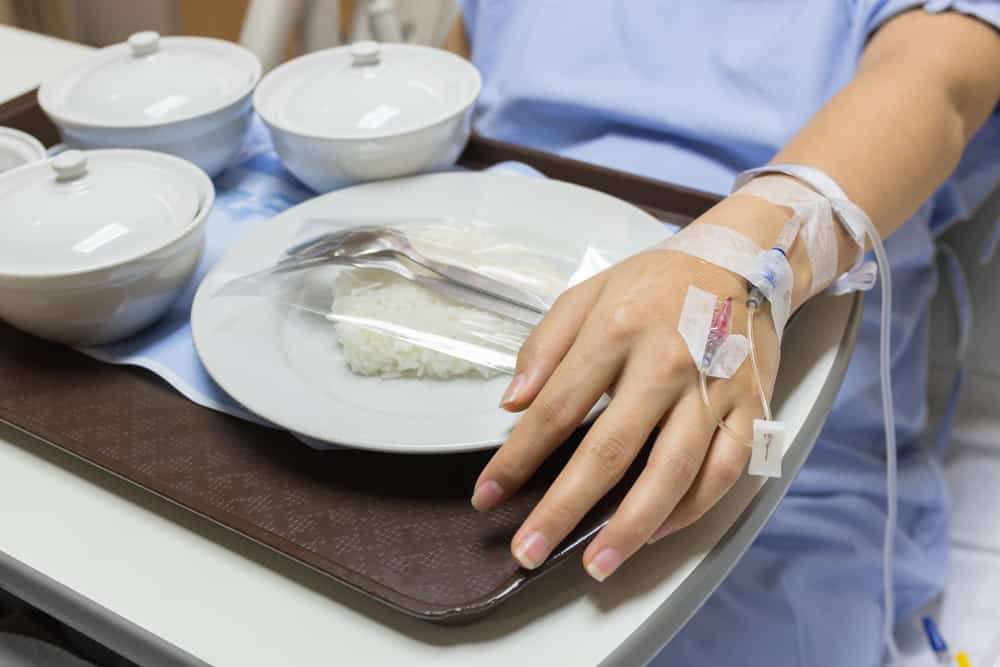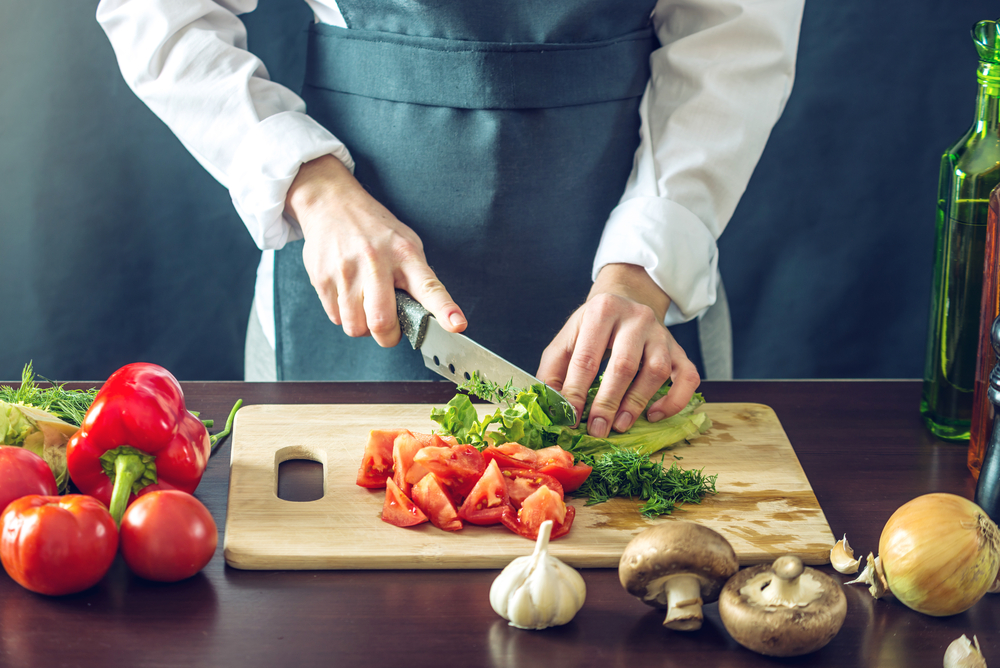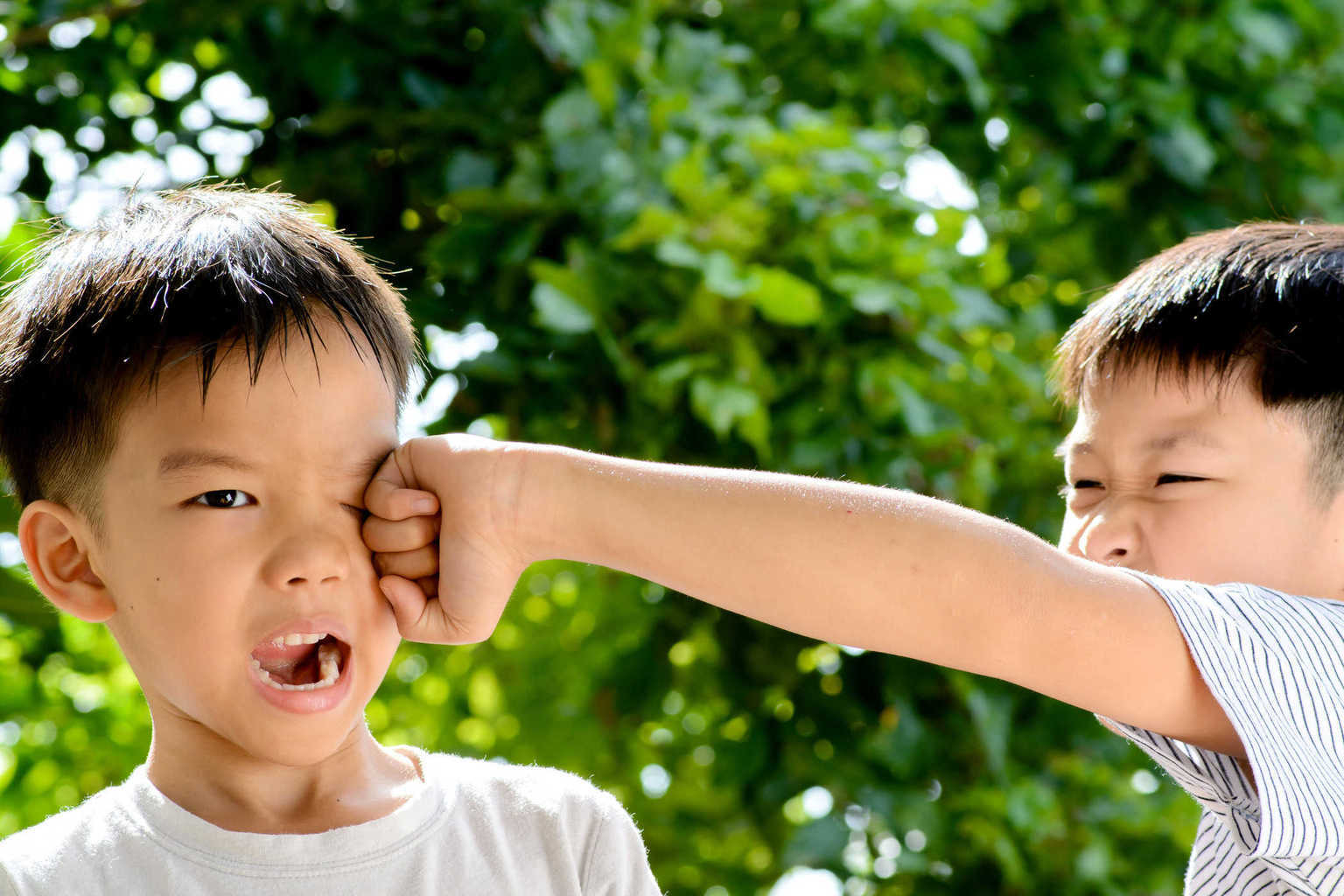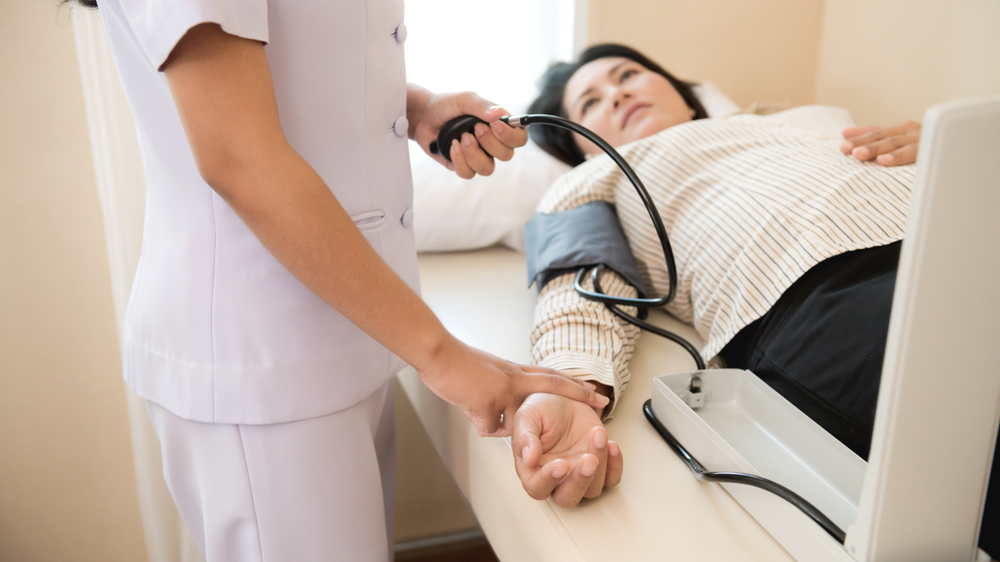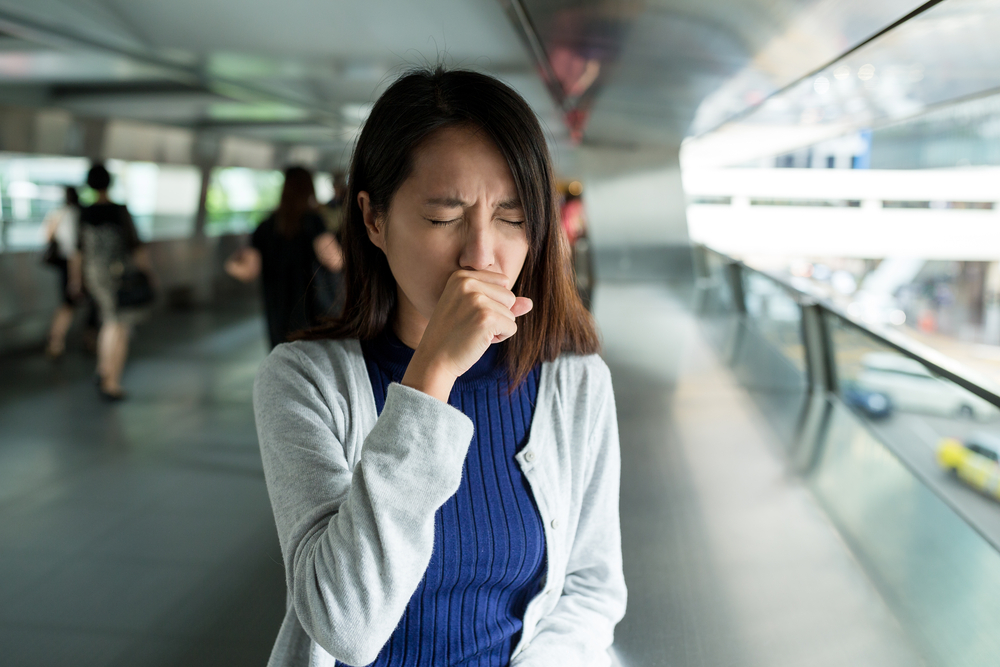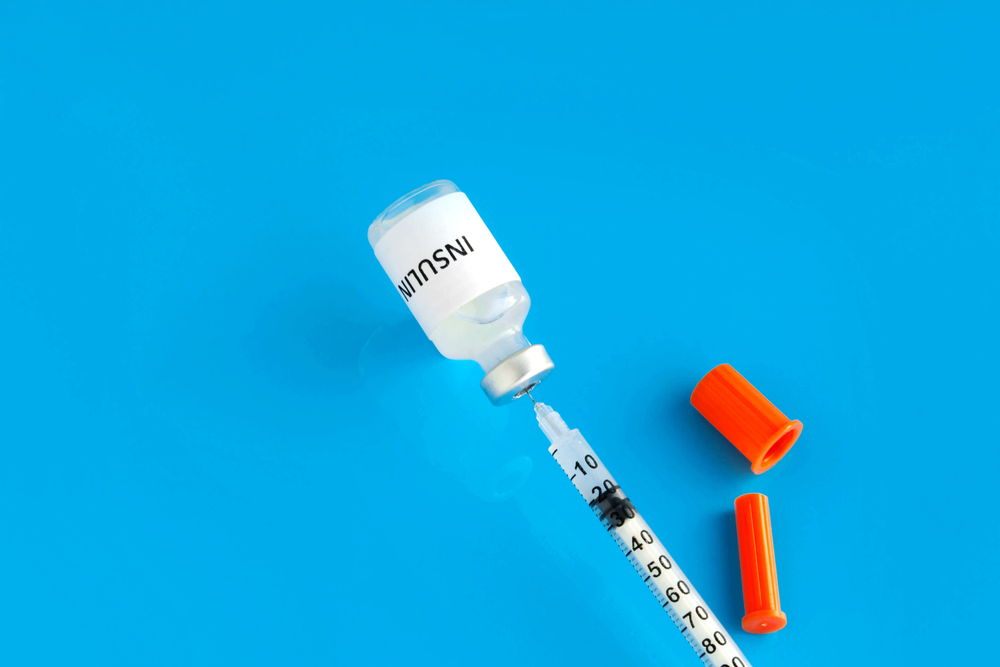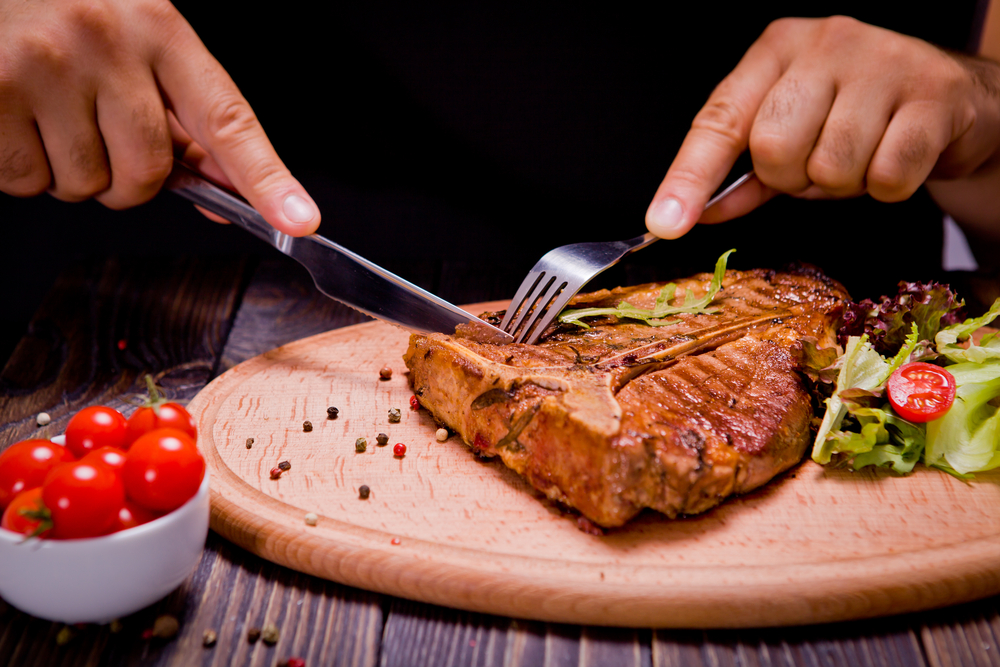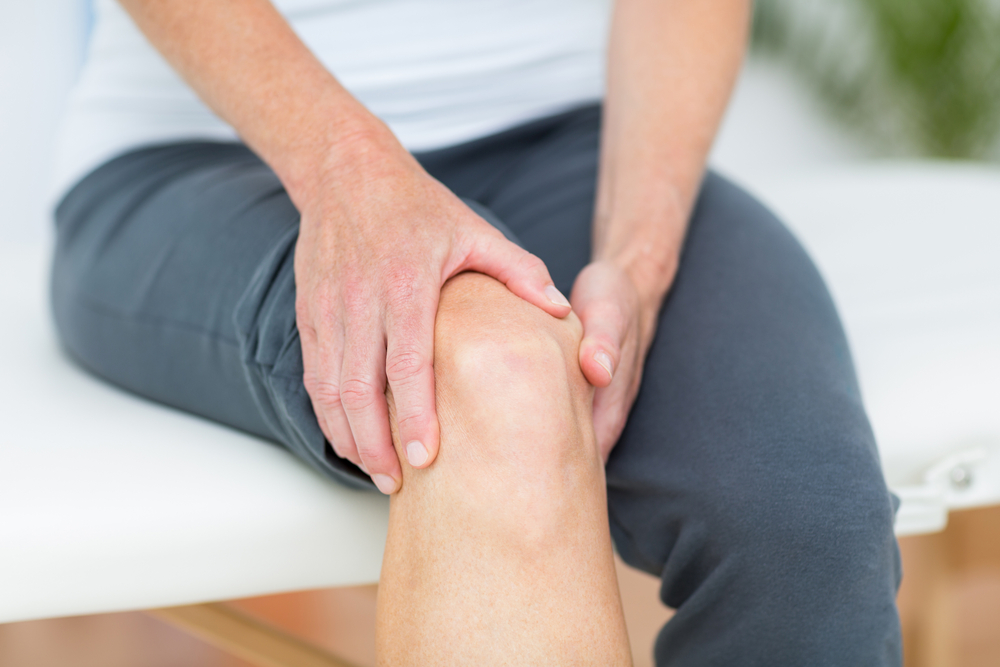Contents:
- Medical Video: Cancer dies when you eat these 5 foods time to start eating them ! 5 Anti Cancer Foods
- 1. Anorexia and kaheksia
- 2. Nausea
- 3. Xerostomia and sore throat
- 4. Diarrhea
- 5. Constipation
Medical Video: Cancer dies when you eat these 5 foods time to start eating them ! 5 Anti Cancer Foods
In general, cancer sufferers experience dietary changes due to changes in the way metabolism of nutrients such as protein, carbohydrates and fats. In addition, cancer treatment such as the chemotherapy method will affect the activity of the digestive tract organs, especially the stomach and intestines to absorb food nutrients. This causes the body to experience difficulties in fulfilling adequate intake and causes individuals who are undergoing chemotherapy to be malnourished.
Meeting the needs of various nutrients from food and water is the key to the success of cancer treatment. Especially in chemotherapy patients, the adequacy of nutrients is needed to help regenerate tissues and cells that have been damaged during illness and healing period. Nutrition is one of the obstacles to healing and treating cancer patients because it prevents the patient's body from getting the needed intake, and will make the patient's body weaken and become more susceptible to infectious diseases.
Here are some nutritional disorders that often occur in chemotherapy patients
1. Anorexia and kaheksia
Both are eating disorders as well as nutritional disorders that can trigger other nutritional disorders in chemotherapy patients. Patients who experience anorexia or loss of appetite are caused by some side effects of chemotherapy such as a tongue disorder that causes a change in the taste and aroma of food to be bitter. As a result, chemotherapy patients avoid consuming various foods and cause their bodies to lack various nutrients needed for healing.
Anorexia in someone who is undergoing chemotherapy is also often accompanied by kaheksia which is characterized by drastic weight loss and decreased muscle mass. This condition is more common in chemotherapy patients in lung, pancreatic and upper digestive tract cancers. This condition is difficult to improve, therefore the handling of patients with this condition needs to be done early.
Tips for dealing with anorexia and kaheksia conditions in cancer patients
- Overcome changes in taste in food by adding some natural spices such as chili powder, red and white onions, soy sauce, herbal sauces and leaves such as oregano and mint.
- Keep oral hygiene to reduce discomfort when eating food by brushing your teeth and cleaning your tongue regularly.
- Serve the food at room temperature to make it easier to consume.
- Increase consumption of fresh fruit that contains lots of water such as grapes, oranges, and watermelons and serve it in cold conditions.
- If chemotherapy patients don't want to eat big, serve snacks or snacks throughout the day to keep the stomach filled.
- Fulfill calorie and protein needs by serving foods with processed teur, peanut butter, cheese, tuna and chicken, as well as several types of drinks such as ice cream, pudding, and liquid nutritional supplements.
- To overcome excess weight loss, treat treatment of digestive disorders such as nausea, diarrhea, and constipation, and treat dehydration.
2. Nausea
Excessive nausea can occur after undergoing chemotherapy with exposure to chemotherapy radiation in the area of the chest and abdomen. Nausea can last for one to three days after therapy. Although sometimes not accompanied by a feeling of wanting to vomit, the condition of nausea will reduce appetite.
The following handling tips to relieve nausea symptoms in chemotherapy patients:
- Take medication to reduce nausea.
- Avoid foods with a pungent odor, too hot and spicy.
- Eat dry foods like cereal, crackers, little by little in a few hours.
- Consumption of mineral water to prevent dehydration and nausea worsens.
- Avoid rooms with warm temperatures or smell of food.
- If there is an unpleasant taste in the mouth and makes it nauseous, emit mint or lemon.
3. Xerostomia and sore throat
Both are often caused by exposure to chemotherapy in the upper body part. Xerostomia is characterized by fluid saliva that becomes thick so that the mouth easily becomes dry and often accompanied by pain in the throat. This condition will reduce the health of the teeth and mouth so that the mouth is more susceptible to infection. The following tips for dealing with xerostomia and sore throat:
- Keep your mouth wet by consuming 8 to 10 glasses per day. Fluids help with oral health when lacking salivary fluids.
- Clean the mouth after each meal with water and use a toothbrush with a soft brush.
- Avoid cleaning your mouth with mouthwash with alcohol.
- Avoid consumption of coffee and exposure to cigarettes and cigarette smoke.
- Eat sweet foods that help stimulate salivary fluid.
- Consumption of food in small sizes to make it easier to chew.
- Consume foods with gravy and soft like soup and snacks such as fruits in cold conditions.
- Make sure the room remains cool and humid to avoid getting dry mouth.
4. Diarrhea
Cancer treatment causes the intestines to move more frequently and more loosely so that there is fluid when forming stools and causing diarrhea. The condition of diarrhea also causes diarrhea, significant weight loss and the body feels tired. Here are some ways to treat diarrhea in patients who are undergoing chemotherapy:
- Consume mineral water regularly throughout the day.
- Keep the room temperature not too cold or too hot.
- Eat small snacks and snacks in a few hours.
- Reduce consumption of processed milk to only 2 cups per day.
- Avoid consuming gasses such as soft drinks, vegetables that make stomach gums and gum with sorbitol, mannitol, or xylitol.
- Liquid consumption with salt content such as isotonic drinks or sports drinks and soup soup.
- Eat foods with soluble fiber such as bananas, pear and oatmeal.
- Continue to monitor the condition of diarrhea, if the stool has an unusual smell and color, immediately report it to the doctor for further treatment.
5. Constipation
This often occurs during the treatment period accompanied by the consumption of drugs to reduce pain in cancer patients. Constipation or constipation occurs when the intestine does not move normally and irregularly so the stool becomes more difficult to get out. In contrast to constipation in general, in patients who are undergoing chemotherapy, constipation is only caused by the body's reaction to the drug. Constipation conditions can be alleviated in the following ways:
- Try eating regularly at the same time every day.
- Consuming 8 to 10 glasses of water every day, some warm drinks such as warm orange drinks can help with bowel movements.
- Avoid consuming laxatives unless you have consulted a doctor.
- Take breakfast with warm drinks with high fiber.
- If needed, consume supplement drinks with high calories, protein and fiber
- Avoid carbonated drinks and reduce consumption of various foods that make stomach gastric like avocado, cabbage, broccoli, cucumber, spinach, fish, eggs and milk during constipation.
READ ALSO:
- Why Does Chemotherapy Cause Hair Loss?
- Side Effects of Breast Cancer Chemotherapy
- Encouraging Patients with Advanced Stage Cancer

